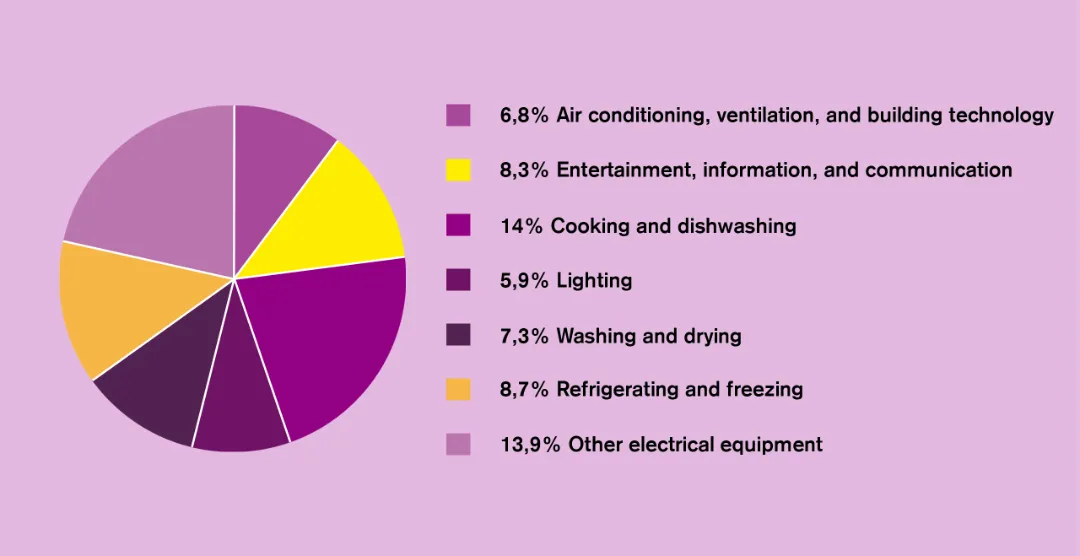Electricity prices are currently higher on the agenda in Switzerland than ever before. According to the latest studies, households in Switzerland are responsible for almost 35% of total electricity consumption. There is a lot of potential here to save electricity and therefore money. That is why the federal government recommends that all homeowners and tenants pay special attention to three areas in the home: heating/ventilation, hot water, and electrical appliances.
The Swiss Federal Office of Energy has developed specific savings measures for all areas. These measures can, of course, also be applied to companies. Most households can save between 10% and 30% on energy consumption and by extension on energy costs by adopting these measures. Investing in insulation could even reduce consumption by up to 60% without any compromise on quality of life. And talking of savings: BANK-now advisors will be happy to work with you to create a customized budget for your household or your renovation project. But until then you can reduce your energy costs with the following tips from the Swiss Federal Office of Energy.
Two-thirds of total household energy consumption is for heating. Heat your home efficiently and you could save enough energy that every sixth year would effectively be free. The following points are important:
In Switzerland, people consume an average of around 50 liters of hot water each day, which equates to almost 15% of the energy consumption for the household. Use the following tips to save water and electricity at home.
A lot of energy is lost when devices are kept in standby mode. An estimated two billion kilowatt hours of electricity (10% of total usage) is wasted in Swiss households.

(Source: BFE, analysis of Swiss energy consumption by purpose in 2019, excluding heating and hot water)
An error has occurred.
Please try again later.
(If you are using Google Chrome, make sure that
the page is not translated by «Google Translate».)
